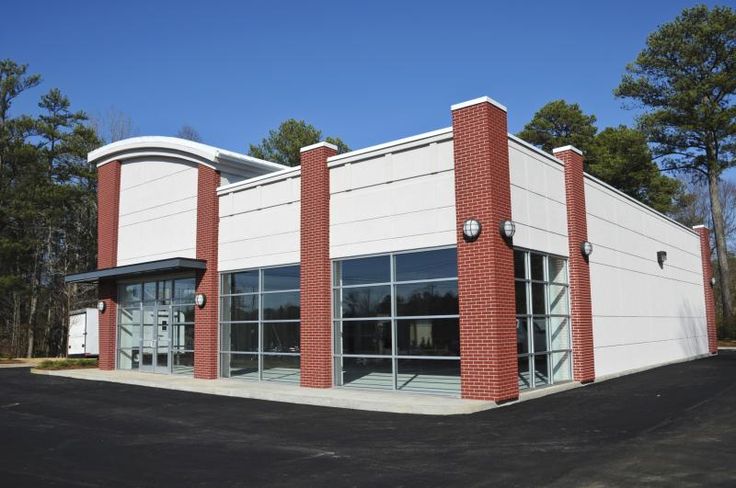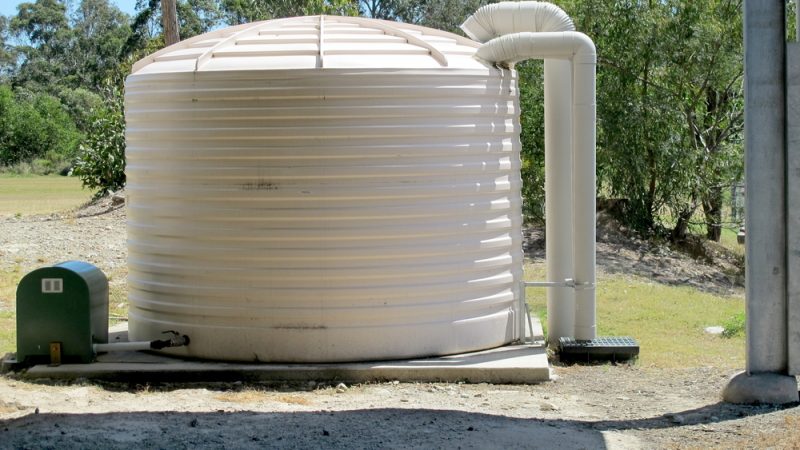The Key Benefits of Business Building Design and Planning for Success

Effective business building design and planning are crucial components for the success of any venture. Whether launching a new startup or expanding an existing enterprise, careful consideration of the physical space and strategic planning can yield numerous benefits. Here are key advantages that highlight the importance of thoughtful Business Building Design and Planning for success:
· Optimized Workflow and Efficiency:
Business Building Design and Planning spaces consider the workflow and operational needs of the organization. Efficient layouts can minimize unnecessary movements, reduce bottlenecks, and enhance overall productivity. This optimization of workflow is essential for businesses aiming to maximize output and minimize operational costs.

· Enhanced Employee Satisfaction and Well-being:
A thoughtfully designed workspace contributes to a positive and comfortable environment for employees. Consideration of factors such as natural light, ergonomic furniture, and collaborative spaces can boost morale and well-being. Happy employees are generally more engaged, productive, and less likely to seek employment elsewhere, leading to improved staff retention.
· Improved Client Impressions and Relationships:
The physical appearance of a business plays a significant role in forming first impressions. A well-designed and aesthetically pleasing building can convey professionalism and reliability to clients and partners. This positive image can foster stronger relationships and instill confidence in the brand.
· Adaptability for Growth and Change:
Successful businesses are dynamic and subject to change. Effective planning considers future growth and expansion, allowing for scalability without major disruptions. This adaptability ensures that the business can evolve in response to market trends, technological advancements, and organizational developments.
· Cost Savings and Sustainability:
Careful planning can lead to cost savings in both construction and operational expenses. Energy-efficient designs, sustainable materials, and smart resource utilization contribute to long-term savings. Moreover, adherence to environmental standards and green building practices can enhance the corporate image and attract environmentally conscious customers.
· Compliance and Risk Mitigation:
Regulatory requirements and building codes must be considered during the planning phase. Compliance with these standards is essential to avoid legal issues and potential disruptions to business operations. Additionally, thoughtful planning can identify and mitigate potential risks, ensuring a safer and more secure work environment.
· Strategic Location and Accessibility:
The selection of an appropriate location is a critical aspect of business planning. Proximity to suppliers, target markets, and transportation hubs can significantly impact logistical efficiency. A strategically located business building contributes to accessibility for both clients and employees, thereby facilitating smoother operations.
Business building design and planning are integral to the success and sustainability of any enterprise. By considering the needs of employees, clients, and the business itself, organizations can create spaces that optimize productivity, foster positive relationships, and position themselves for long-term success.





